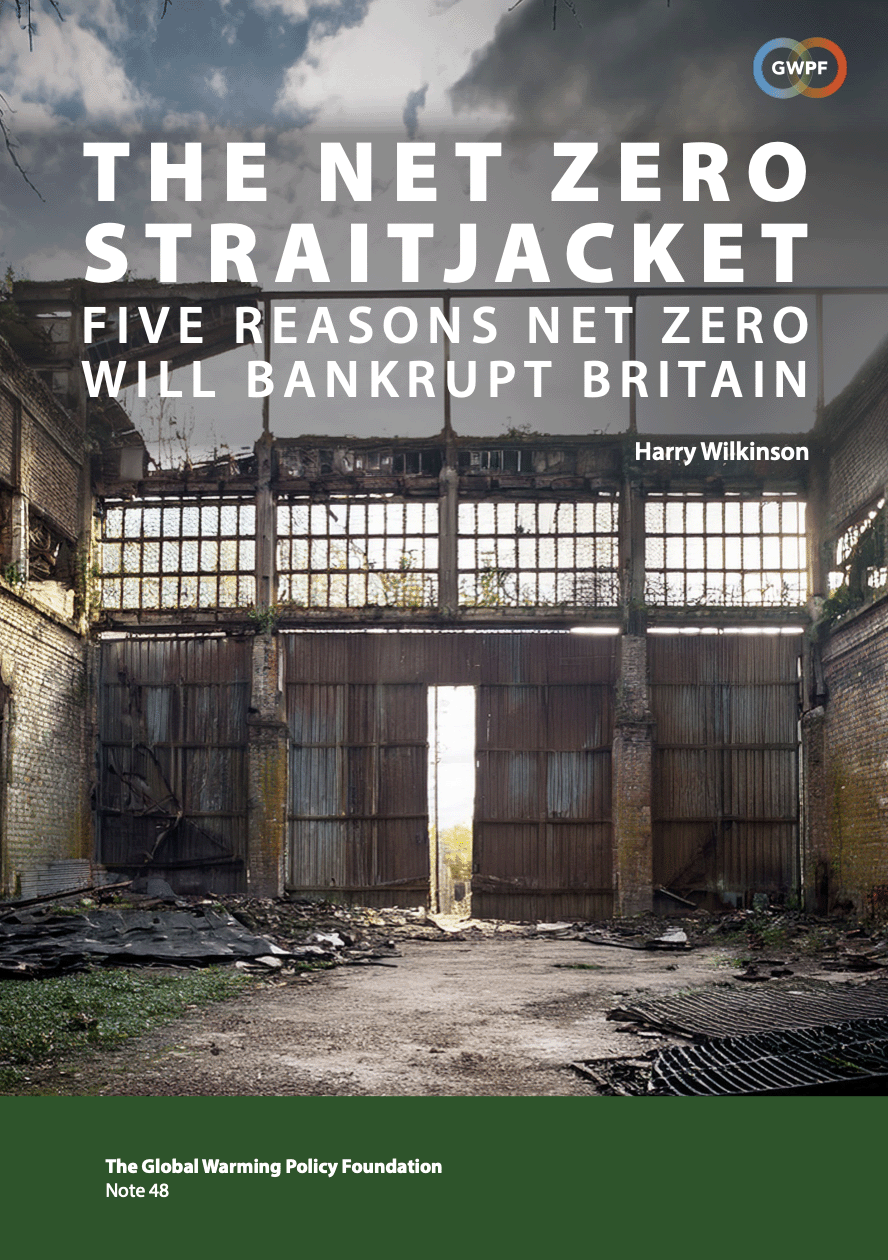GWPF warns that the government’s obsession with renewables instead of strengthening resilience is leaving the UK exposed
London, 20 July – A new paper published by the Global Warming Policy Foundation urges a complete rethink of the UK’s approach to climate change, and a new focus on adaptation.
The GWPF calls upon policy makers to learn the key lesson from the recent heat wave and adopt policies that prioritise effective and relative low cost adaptation measures over massively expensive and ineffective renewable energy targets.
Despite previous heat waves in recent decades, the UK’s priority in dealing with climate change has been to spend nearly hundred billions on wind and solar projects, failing almost completely to prepare communities for extreme weather events that are inevitable regardless of climate change.
In the last 20 years consumers have had to hand over some £50 billion to renewable energy investors. The OBR estimates that in the next four years alone (2022 to 2025) renewables investors will receive another £50 billion. However, none of these costly Net Zero policies will reduce the public’s vulnerability to extreme weather.
According to the report’s author, GWPF deputy director Andrew Montford:
It’s now clear that the UK’s unilateral and vain attempt to change the weather by building more wind turbines has been an unmitigated disaster. We now seem to be facing a real possibility of rolling blackouts. Politicians have focused relentlessly on trying to decarbonise the economy, and have neglected simple and comparatively cheap adaptation measures that could make climate impacts in the UK irrelevant in practical terms. Adaptation is the Government’s road to energy and economic security, but it remains to be seen if ministers can shake off the groupthink that infests the Westminster village.”
Montford says that as well as offering a return to energy security, adaptation is much cheaper than current mitigation policies:
Adapting to even the largest impacts of predicted climate change is orders of magnitude cheaper than trying to change the weather in 2050. You can build as many sea walls as you need for a few billion pounds. We’re spending that every year on subsidising windfarms, and we are having no discernable effect on the climate.”
The paper also points out that as well as being much cheaper, adaptation measures only need to be put in place if and when required, in contrast to mitigation measures, which require politicians to accept scientists’ predictions of the future climate.
Andrew Montford – Adaptation: The Rational Climate Policy (pdf)




